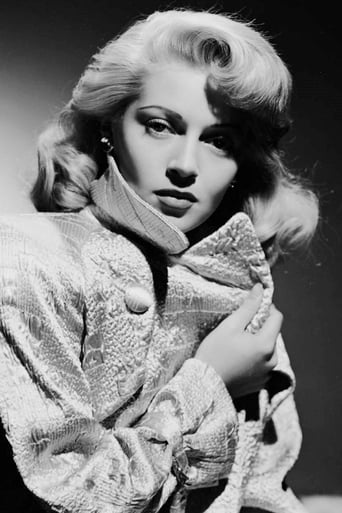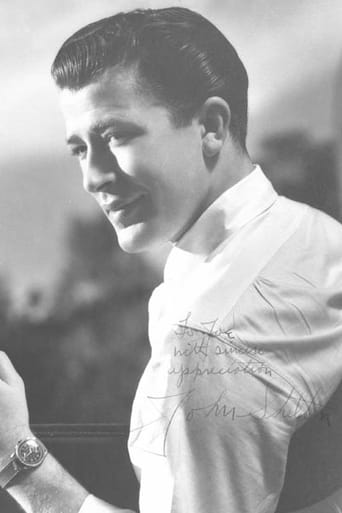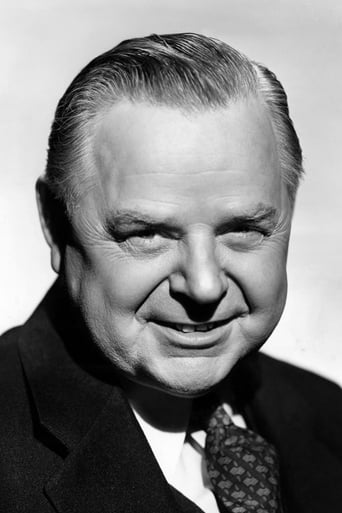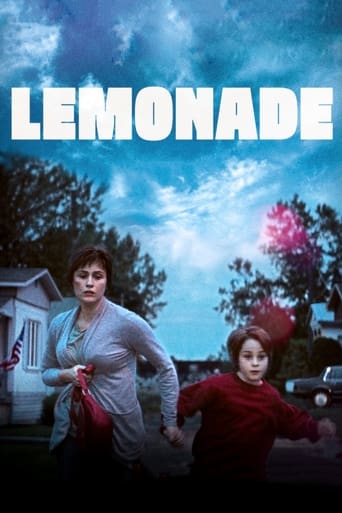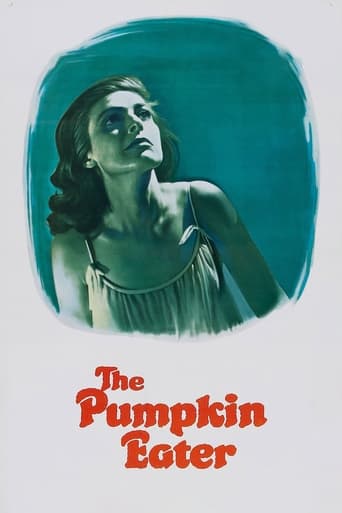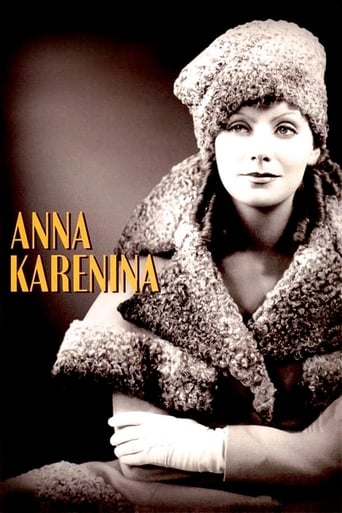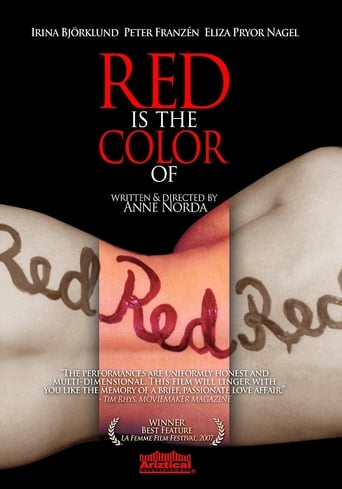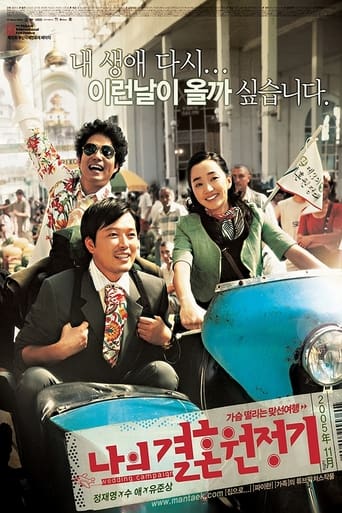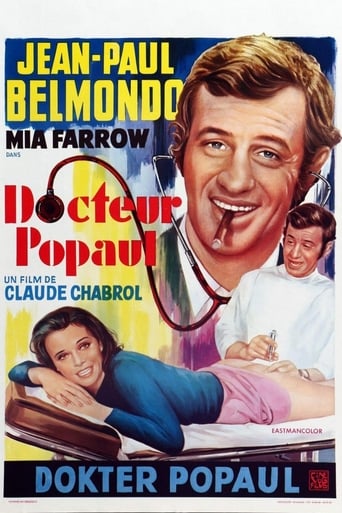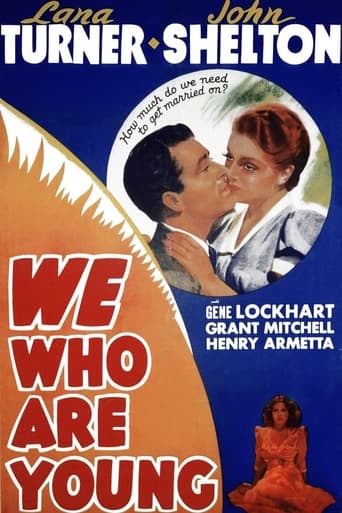
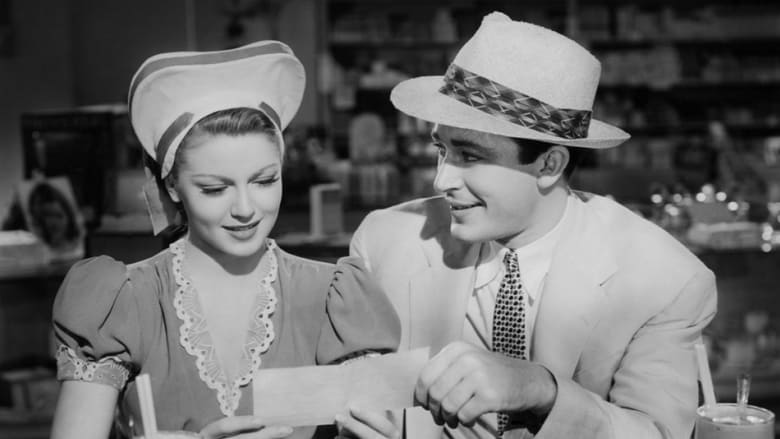
We Who Are Young (1940)
A man violates company policy by getting married.
Watch Trailer
Cast
Similar titles

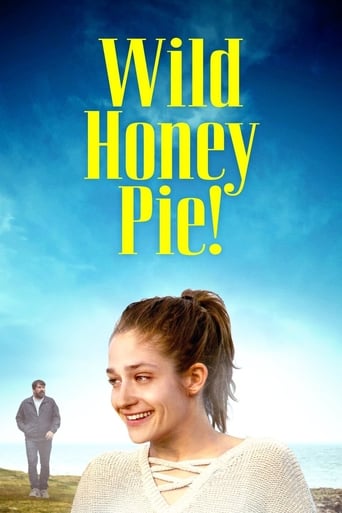
Reviews
Such a frustrating disappointment
Slow pace in the most part of the movie.
From my favorite movies..
Just intense enough to provide a much-needed diversion, just lightweight enough to make you forget about it soon after it’s over. It’s not exactly “good,” per se, but it does what it sets out to do in terms of putting us on edge, which makes it … successful?
While this is a good film in its structure as a whole, it is pretty episodic in its detailing of the struggles a young married couple go through during their first years of marriage and how outsiders can help make or break a couple's happiness. The film opens with newleyweds John Shelton and Lana Turner realizing that they have just taken the most important step of their young adult lives, and after dealing with the fantasy of a one night honeymoon in a posh hotel right in the middle of their own city (New York) face the return to reality with their return to work at the same company. The day after the honeymoon is not so romantic for Turner as she is let go by hard as nails boss Gene Lockhart who objects to married couples working together, repeating the same old cliched line "A rule broken no longer is a rule" over and over, even when he has to fire Shelton later on for paycheck garnishments for unpaid furniture. The reality of Turner's pregnancy and Shelton's place on the unemployment line sets him to become angry and desperate, nearly going to jail and given a chance by given a job by a kindly stranger simply on good faith. Shelton returns to see Lockhart on brief business and tells him off for the monster he is, leading to the hard as nails boss to open up his eyes to other people's struggles considering that he allegedly has never had to go through them. While the film's mood shows the darkness of the harshness of society, it's too paint by the numbers/connect the dots in its style that the conclusions are far too obvious almost immediately. In spite of Lana Turner's top billing here, the film really belongs to John Shelton, a handsome young leading man who never became the name that Turner would be, but delivers an intense performance that shows every dimension a young person can go through as they try to make it in a world that is far beyond their control. The "Passing Parade" style narration starts off shockingly with a dead sparrow falling out of its nest onto the New York concrete, and tries to tie itself together through that "Naked City" style structuring. Turner's character seems too good to be true, perhaps the Louis B. Mayer archetype of what a perfect housewife should be, and thus she is less than memorable. It's a rare chance to see her in a not so glamorous role. While her character is pretty, she wears very little make-up, has darker hair (almost mousy brown), and her wardrobe is far from glamorous. Supporting cast members include Clarence Wilson as the stern office manager, Charles Lane as the furniture company biller who has a moment of frustration with Shelton when he pleads for understanding, and Grant Mitchell as the owner of a car which Shelton steals in a moment of desperation. The scene between Lockhart and Shelton leads to a nice breakdown for Lockhart who questions his secretary on the impact of an unseen clerk who left for a lower paying job. It reminded me of an MGM "Passing Parade" short, "The Boss Didn't Say Good Morning", which in this case, was probably true for the reasons the hero in that short had believed to be the cause. It's a nice attempt for MGM to try to do something that was more in the style of Warner Brothers, that I easily could have seen made by them starring Jeffrey Lynn and Jane Bryan.
It's easy to see that MGM was grooming LANA TURNER for stardom around this time. She has the pivotal role of a young wife whose husband has a hard time keeping his job under the strict rules of employer GENE LOCKHART. JOHN SHELTON is the husband who ends up desperately looking for work while his wife is expecting a baby and they have had to have all their furniture repossessed.Shelton wasn't really a bad actor but MGM dropped him not long after the film was completed. But Lana shines as the sweet and wholesome wife who stands by her man during hard times. Shelton gets to spout off some dialogue that comes from Dalton Trumbo's slant on the Depression-era tactics and rules of the workplace.Obviously, one of Trumbo's lesser scripts has been turned into a film that is more of a programmer than an A-film, despite a cast that includes Gene Lockhart, Grant Mitchell, Henry Armetta and Jonathan Hale. Prices mentioned for wages, rent and furniture are hilarious by today's standards.
I don't agree completely with the other reviewer.I think this movie is a fine social documentary of the times. Although the movie was filmed in 1940, the scene is really the Depression 30s.Movies of that era were either 1) escapist, "fluffy" movies, about escapades among the rich and/or young, 2) musicals, or 3) gangster flicks. Mostly. None of these genres really reflected the tenor of those times.True docu-dramas of the era are rather rare; perhaps the people just didn't want to be reminded of how awful things were.This movie depicts the trouble a young couple has in succeeding (or even surviving) in a capitalist, Depression society. Both boy and girl loses jobs, and the girl is pregnant; one senses homelessness and breadlines around the corner. The angst felt by such couples in those days is poignantly portrayed here.True, some of the dialog is corny and dated, but one must remember that the thinking of the 1930s was vastly different than that of today's.The performances are spot-on, too; every one of the characters is believable.This movie is well worth watching for the social documentary that it is.
"We Who Are Young" is the odd kind of movie that David Lynch, the Cohen Brothers, and Ed Wood Jr. must have adored as young men. It's an odd, stilted bit of didactic goofiness about how tough it is to get ahead in a stifling capitalistic society. It follows a young couple, a pre-stardom Lana Turner and John Shelton, as they invariably make the wrong financial moves during the pre-WW II Depression era. They both work at the same office-an accounting firm run like a factory, lunch-period buzzers and all-until it is discovered that they are married. No married women are allowed by company policy, and she is fired (but not before receiving lots of stern advice on living within one's means by the robotic department manager). And this happens just after they buy over $200 worth of new furniture on his $25 a week salary, now their only income. Then she gets pregnant. Then HE gets fired (and has an absolutely histrionic girly-fit, yelling at his boss that `if this affects my wife or child in any way, I'll come back here and just kill you! I'll just kill you!'). And it goes on. What makes the film so special, besides the unintentionally hilarious dialogue, is the way the actors will periodically stare into space as we hear their poetic thoughts overdubbed-very, VERY Ed Wood (and not unlike the similarly awkward thought-balloon overdubbing in Lynch's version of `Dune'). But the gooney monologues are certainly not constrained to the characters' inner world; they also take the occasion to look straight into the camera and actually speak their thoughts at length, even though other characters may be right next to them. How to react to this kind of strangeness is left entirely up to you, the viewer, because the film is so ineptly made you can have no idea whether it's trying to be serious or comedic. I don't want to spoil it for you, but let's just say that if you're a fan of the Coen Brothers' `The Hudsucker Proxy', the less violent moments of Lynch films like `Blue Velvet', Wood's `Glen or Glenda' and the like, you will enjoy seeing their genesis in this nutty bit of 1940's agitprop-pop.Look for it on AMC and Turner Classic.
